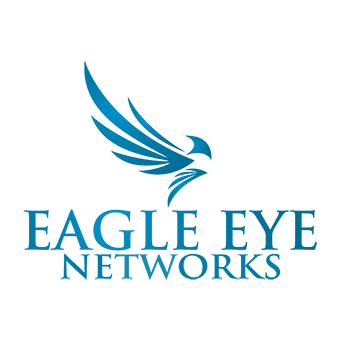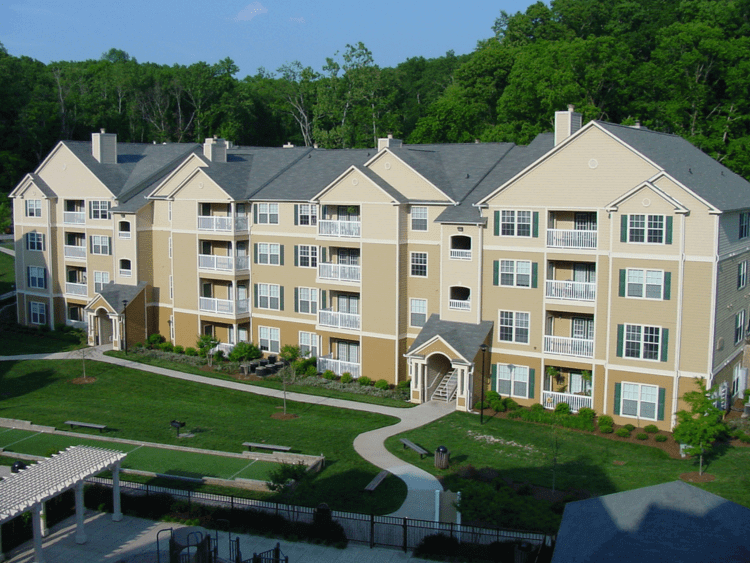
You know that you should have an electronic eye on your business or property — and you know that you can buy a consumer-level surveillance camera online, often for well under $100. Are the features that the camera offers enough for your premises? It may seem like a loaded question, but the issue is actually more complex than it appears.
Just as you wouldn’t want to overpay for a vehicle that does more than you need for your actual operations, you don’t want to pay more than makes sense for cameras. Sometimes a consumer-oriented camera really is good enough.
Where the differences lie
To answer the question for your own needs, think about what separates business-class from consumer-class when it comes to surveillance cameras, and consider the value that surveillance can bring.
Durability: Business-level surveillance cameras are built to last longer and withstand harsh environments, especially when mounted in difficult-to-access locations. By contrast, consumer-level cameras may not withstand prolonged exposure to outdoor elements or continuous operation, so they often must be replaced more frequently. This can make for a higher cost over time.
Support and maintenance: Business-level surveillance systems often come with dedicated customer support and maintenance service, including on-site support to maximize uptime. Cheaper, consumer-level options often leave users to troubleshoot issues on their own, relying on quickly replaceable (albeit cheaper) hardware.
Flexibility: Business-level surveillance systems offer more scalability and customization for complex deployments. Consumer-level cameras may have limited compatibility and customization. Some household-style cameras can operate as part of a group, but with limitations in number and feature support.
Warranty terms: Business-level surveillance equipment typically comes with longer warranty periods and extended coverage options, providing added peace of mind for organizations. Consumer-level warranties may be shorter and offer less comprehensive coverage, which makes sense for items that are more likely to be replaced every few years.
Features and performance: Consumer-level cameras offer basic functionality with limited customization options and a range of feature access based on a subscription level. Such tiering is common for business-level surveillance cameras, too, but they feature higher-end features such as high-definition imaging, intelligent analytics, and remote monitoring capabilities.
Similarly, business-level cameras are spec’d higher for superior image quality, coverage range, low-light visibility, and motion detection. This matters especially if the areas you care most about don’t have consistent lighting (either sunlight or artificial), and if your needed coverage includes more than a small area.
Price: Consumer-level surveillance cameras typically come with a lower upfront cost compared to their business-level counterparts. Additionally, some business cameras require dedicated software with associated license fees in addition to their purchase price. So if all you need is a camera watching the property, the lower cost of consumer cameras might appeal to you. But commercial systems offer a lot of additional functionality that might make a big difference in your business.
Reliability: Consumer security cameras are most often connected via Wi-Fi for convenience, while business-level cameras typically feature more reliable and more secure physical network connections, including in some cases ruggedized or waterproof ports. Business cameras, too, often offer Power over Ethernet (PoE) operation for simpler installation and fewer cable pulls.
Weigh costs vs. business needs
Consumer-grade cameras can often suffice for price-constrained environments with a low anticipated maximum loss in the event of theft or vandalism and where only a few cameras are required. And as consumer cameras improve, the threshold for suitability will continue to rise. However, the advantages of business-class surveillance cameras can easily surpass their cost.
For environments with higher risks, a business-grade infrastructure that higher-end cameras enable offers two big advantages: more and safer retention options for more reliable storage, and a more robust video management system (VMS) for easier access to multiple cameras, or multiple sites.
Finally, a professional surveillance system can help you with more than security by integrating with other aspects of your business, helping you count customers, oversee operations, and ensure product quality.

Choose wisely, invest wisely, and safeguard what matters most. And if you want to see just what video surveillance can do for your business, let us know!

Since 2012, Eagle Eye Networks has provided smart cloud surveillance solutions, leveraging AI to drive natural language search, automation, and more. Eagle Eye’s camera-agnostic approach heightens security while saving money, time, and resources.
Other posts that might interest you

What Eagle Eye Marketing is doing to support our partners
Hey, I’m Cooper, VP of Marketing here at Eagle Eye Networks. After a couple of months of leading the Marketing team, I’ve never been more excited than I am right…
July 8, 2025
Multifamily security: Predictable cost, long-term value
Imagine a world where security costs don't just pile up year after year, but instead, pave the way for long-term savings and enhanced property value. In the high-stakes world of…
June 16, 2025
How resellers grow their business with the Eagle Eye Partner Program
At Eagle Eye Networks, we know that success in the security industry takes more than innovative products — it takes the right mix of tools, resources, and strategies. That’s why…
June 12, 2025








